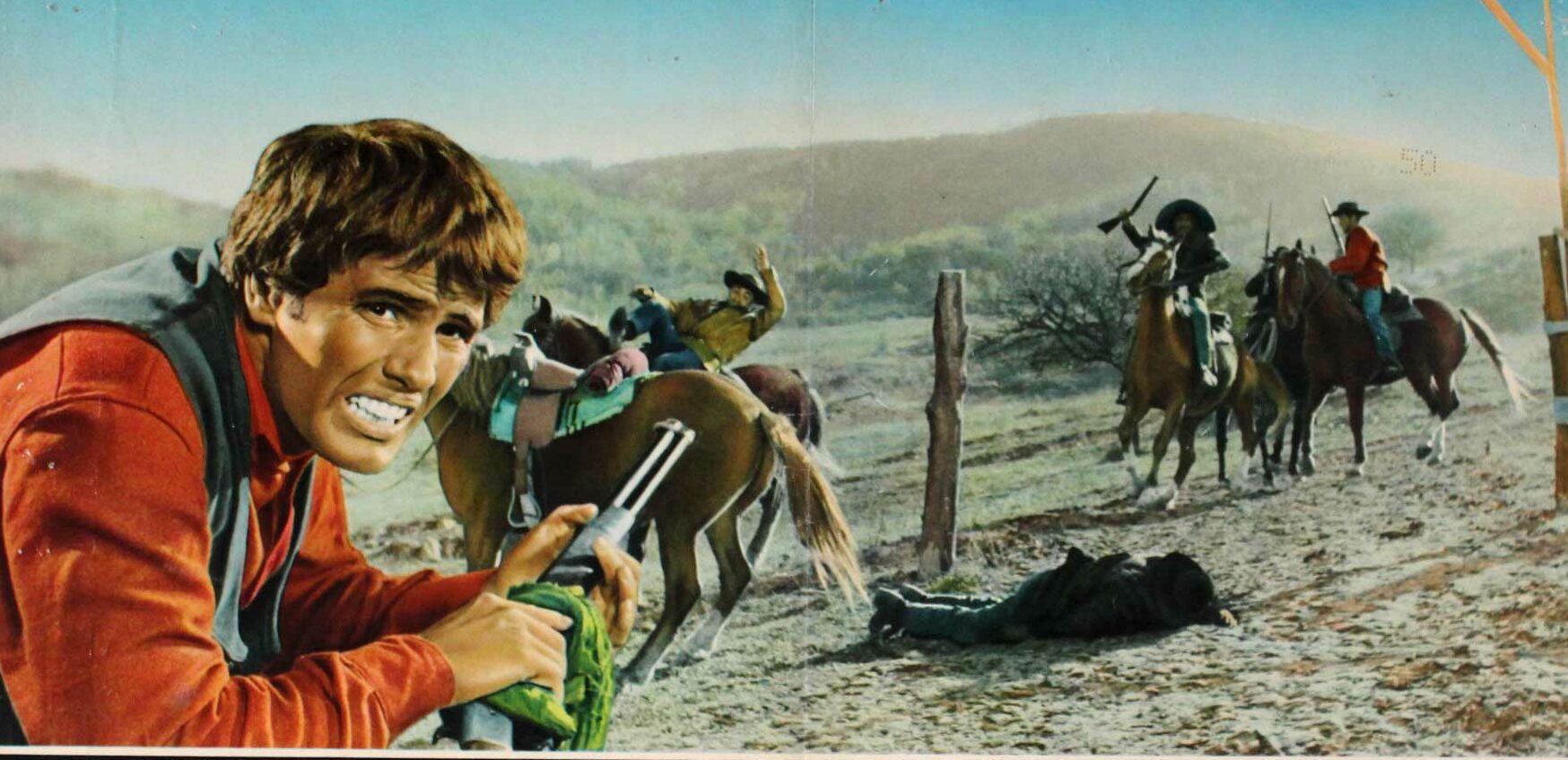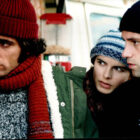“…e per tetto un cielo di stelle” (literally “…and for a Roof a Sky Full of Stars”) is a 1968 film that stands out in the panorama of Spaghetti Westerns. Directed by Giulio Petroni, this movie is one of the most fascinating examples of a genre that saw its peak between the 1960s and 1970s. The film is a mix of action, drama, and adventure, typical elements of Westerns, but with an Italian touch that made this cinematic movement unique.
Plot
The film tells the story of Billy (Giuliano Gemma), a young and cunning cowboy who, after being robbed and nearly killed, teams up with Harry (Mario Adorf), a bandit with a heart of gold. The two form an odd couple embarking on a series of adventures across the Wild West, facing dangers and enemies of all kinds. Their alliance begins out of necessity but evolves into a sincere friendship that leads them to confront their fears and inner demons.
Giulio Petroni: The Director
Giulio Petroni, born in Rome in 1917 and passed away in 2010, was one of the most interesting and talented directors in Italian cinema, though he often doesn’t receive the recognition he deserves. Petroni directed some of the most memorable Spaghetti Westerns, including the famous “Tepepa” (1969) with Tomas Milian and Orson Welles, and “Night of the Serpent” (1969).
In the case of “…e per tetto un cielo di stelle,” Petroni managed to combine elements of traditional Westerns with a distinctively Italian sensibility. His direction is characterized by a skillful use of cinematography, with breathtaking panoramic shots and a keen attention to detail and landscapes. Additionally, Petroni always placed great importance on character development, creating complex and fascinating figures that linger in the viewer’s memory.
Style and Themes
“…e per tetto un cielo di stelle” stands out for its rich and dynamic visual style, typical of Petroni’s best cinema. The action sequences are well choreographed, and the tension is maintained throughout the film. The soundtrack, composed by Ennio Morricone, adds an extra layer of emotion and intensity, contributing to the film’s unique atmosphere.
Thematically, the film explores themes such as friendship, loyalty, and redemption. The characters of Billy and Harry, with their weaknesses and strengths, represent humanity in its various facets. Petroni uses the Western setting to discuss universal themes, making the story relevant not only for its time but also for modern audiences.
Legacy and Influence
“…e per tetto un cielo di stelle” is a perfect example of how Italian cinema was able to reinterpret and reinvent a typically American genre, creating original and innovative works. Petroni’s film, with its unique characteristics, helped define the Spaghetti Western and influenced numerous subsequent directors, both in Italy and abroad.
Giulio Petroni’s career, although not filled with blockbusters, was fundamental to the development of Italian genre cinema. His films continue to be studied and appreciated for their artistic quality and their ability to tell engaging and profound stories.
In conclusion, “…e per tetto un cielo di stelle” is not just a Western, but a work of art that reflects Giulio Petroni’s talent and vision. A film that, over fifty years later, continues to thrill and entertain, confirming its status as a classic of Italian cinema.
Watch the movie on Movieitaly+
Read more articles over here






